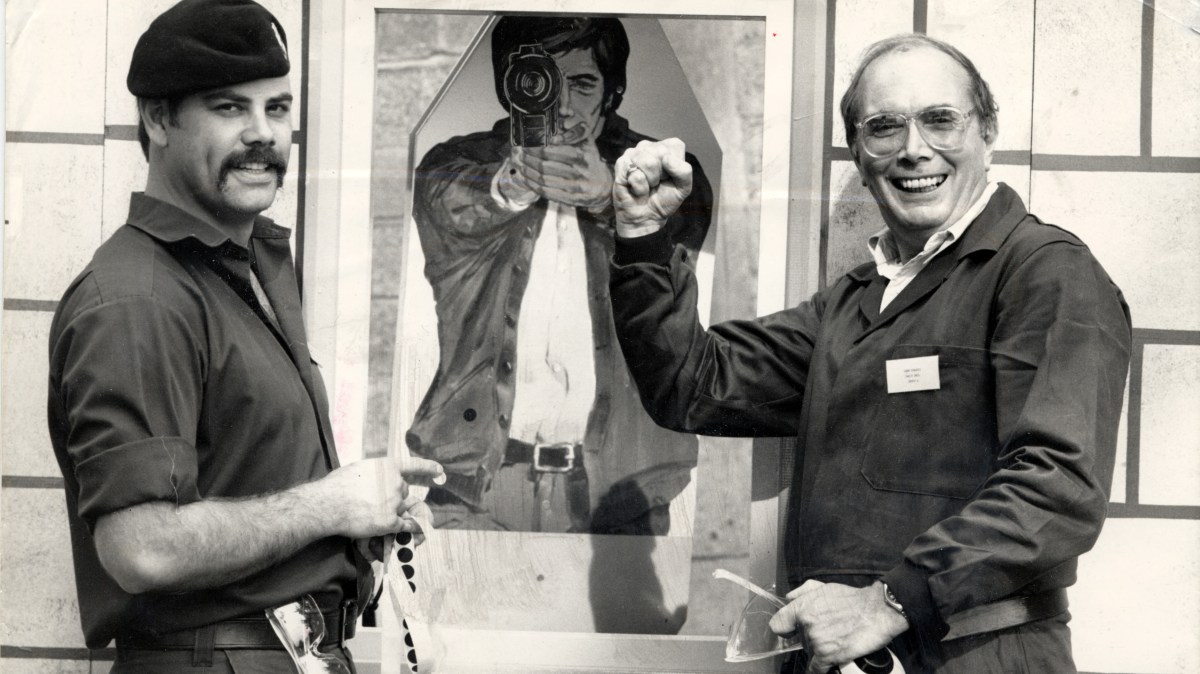On May 13, 1981, a pivotal moment in journalism unfolded when John Edwards, a prominent reporter for the Daily Mail, received an urgent call while enjoying a quiet drink in a Fleet Street bar. His editor instructed him to travel to Rome, where Pope John Paul II had just survived an assassination attempt. The Pope was shot four times in St Peter’s Square by Mehmet Ali Agca, a Turkish hitman.
As Edwards boarded a packed Alitalia flight from London, he joined a throng of rival journalists eager to cover the unfolding crisis. Arriving in the Eternal City at midnight, they rushed to the Vatican, driven by a shared urgency. Yet, upon arrival, they found only tearful nuns praying for the Pope’s recovery.
In stark contrast, Edwards, a habitual smoker who often consumed upwards of 50 cigarettes a day, opted for a different approach. He bypassed the Vatican and made his way directly to Agostino Gemelli hospital, where the Pope was being treated. Reflecting on his instinctive decision, he later recounted, “I paid off the cab and walked straight through the confusion in reception and into the first lift. That’s how to do it. Get yourself lost. And quick.”
Edwards found himself on the eighth floor of the hospital, just one level below where doctors were working tirelessly to save the Pope’s life. Despite being so close to the action, he felt frustrated, noting that he “knew less than people watching TV in Surrey.” This sentiment captured the often unpredictable nature of breaking news, where proximity does not always equate to insight.
His dedication to getting the story exemplified a journalistic ethos that drove him throughout his career. Edwards was not only known for his tenacity but also for his ability to navigate the chaotic world of international reporting. His reporting on the Pope’s assassination attempt was just one of many high-stakes stories that defined his legacy.
As a globe-trotting journalist, John Edwards covered significant events around the world, always in pursuit of the truth. His adventures took him from the front lines of political turmoil to the vibrant cultural scenes of various countries. His ability to connect with people and understand their stories set him apart in a field crowded with competitors.
Edwards’ work has left an indelible mark on the field of journalism, inspiring future generations to pursue stories that matter. His relentless pursuit of the truth, even in the face of danger, serves as a reminder of the critical role of reporters in shaping public understanding of global events. As we reflect on his contributions, we remember not just the stories he told, but also the passion that drove him to tell them.
In the wake of his passing, John Edwards will be remembered as a fierce advocate for truth and a master of his craft, whose legacy will endure in the annals of journalism.







